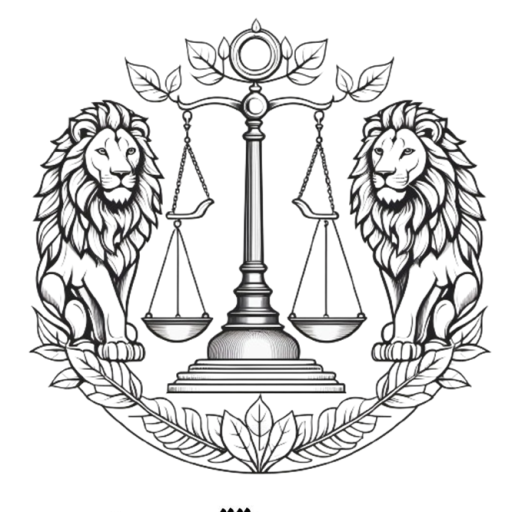1. Publication Ethics
- Authorship: Authorship should be based on substantial contributions to the conception, design, execution, or interpretation of the research. All authors should have approved the final version of the manuscript and agree to be accountable for all aspects of the work.
- Originality and Plagiarism: All submissions must be original work. Plagiarism, in any form, is unacceptable. Authors must properly cite and reference all sources used.
- Data Fabrication and Falsification: Fabrication (inventing data) and falsification (manipulating data) are serious ethical breaches and will result in rejection or retraction of the article.
- Multiple Submissions: Simultaneous submission of the same manuscript to multiple journals is unethical.
- Conflicts of Interest: Authors must disclose any financial or personal relationships that could be perceived as influencing the results or interpretation of their work.
2. Peer Review
- Confidentiality: Reviewers must treat manuscripts as confidential documents and not share them with others without the editor’s permission.
- Objectivity: Reviews should be objective and constructive, focusing on the scholarly merit of the work.
- Timeliness: Reviewers should strive to complete their reviews within the agreed-upon timeframe.
- Conflicts of Interest: Reviewers must disclose any conflicts of interest that could affect their judgment of the manuscript.
3. Editorial Responsibilities
- Decision Making: Editors are responsible for making decisions about the acceptance or rejection of manuscripts based on their scholarly merit and adherence to the journal’s guidelines.
- Fairness and Impartiality: Editors must evaluate manuscripts fairly and impartially, without regard to the author’s race, gender, ethnicity, religion, or political views.
- Confidentiality: Editors must protect the confidentiality of the review process.
- Conflicts of Interest: Editors must recuse themselves from decisions involving manuscripts where they have a conflict of interest.
4. Corrections and Retractions
- Errors: Minor errors will be corrected with an erratum or corrigendum.
- Serious Errors: Serious errors that affect the interpretation of the work may necessitate a retraction.
- Misconduct: Confirmed cases of research misconduct will result in retraction and possible sanctions against the authors.
5. Complaints and Appeals
- Procedure: The journal will have a clear process for handling complaints and appeals regarding editorial decisions or ethical concerns.
- Confidentiality: All complaints will be handled confidentially.
- Impartiality: Complaints will be investigated fairly and impartially.
6. Legal Considerations
- Copyright: The journal will have a clear policy on copyright and author rights.
- Libel and Defamation: Authors are responsible for ensuring that their work does not contain libelous or defamatory statements.
7. Adherence to COPE Standards
The journal will adhere to the guidelines and flowcharts provided by COPE to handle ethical issues that may arise during the publication process.
